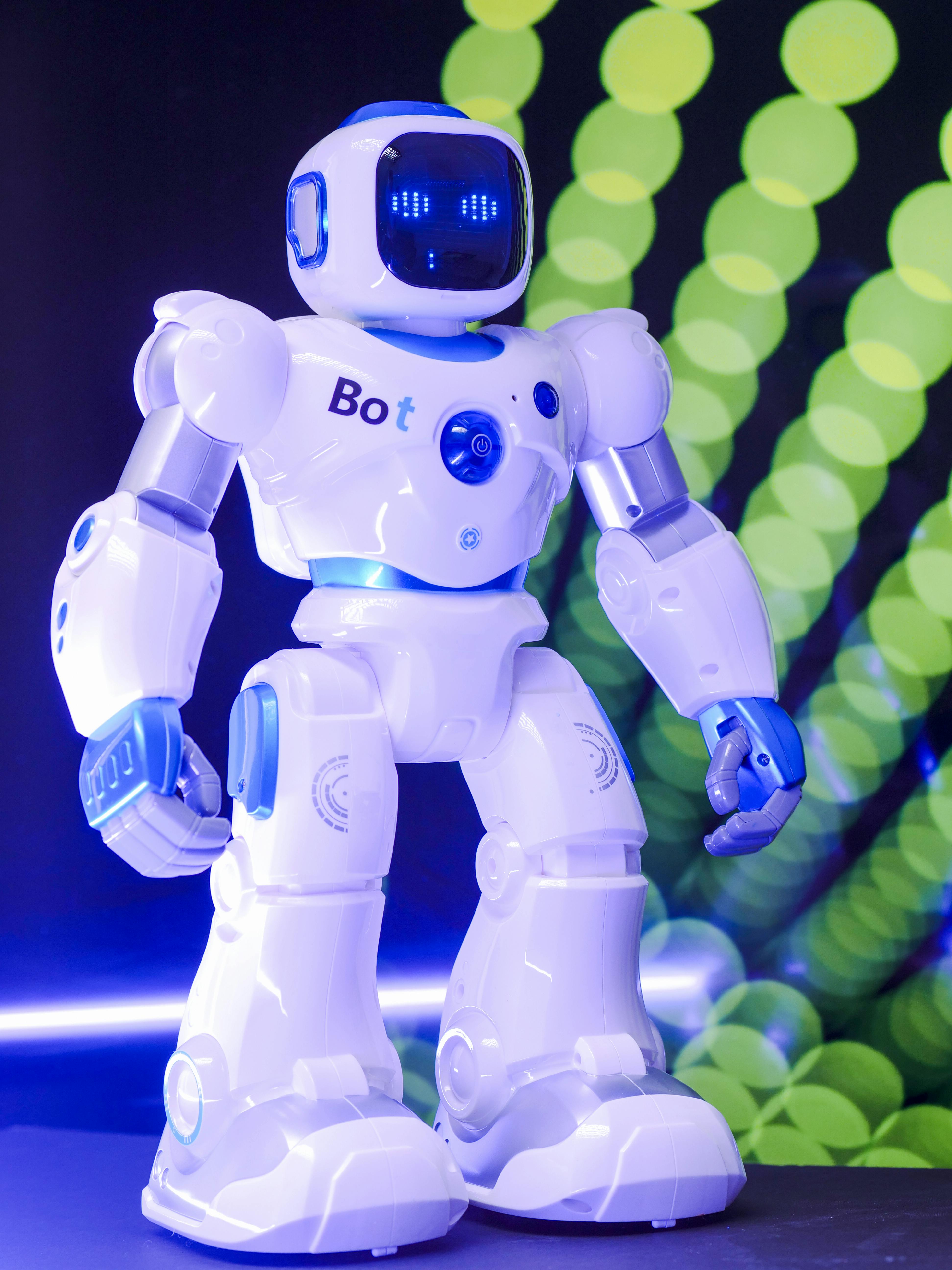Unraveling the Hype: An In-Depth Look at Foldable Technology
Foldable technology has been making waves in the tech world, promising to revolutionize our interaction with gadgets. This article unravels the hype, tracing the evolution of foldable technology, its current applications, and the potential impact on the market.
The Dawn of Foldable Tech
The concept of foldable technology is not entirely new. The idea has been around since the 1970s when Xerox PARC, a renowned research company, introduced the concept of a flexible electronic device. The vision was to create electronic devices that could be folded like a piece of paper and carried anywhere. However, it wasn’t until recently that this concept became a tangible reality.
Foldable Tech in Today’s World
Today, tech giants like Samsung and Huawei have introduced foldable devices, heralding a new era in the technology sector. Samsung’s Galaxy Fold and Huawei’s Mate X are among the first commercially available foldable smartphones. These devices can be folded to fit in your pocket and unfolded to provide a tablet-sized screen.
Market Impact and Pricing
The introduction of foldable technology has stirred up the stagnant smartphone market, offering a fresh perspective on mobile device design. However, the high price tag associated with these devices could impede their widespread adoption. The Samsung Galaxy Fold is priced at around $1,980, while Huawei’s Mate X is even higher at $2,600.
The Future of Foldable Tech
While foldable smartphones are currently making headlines, the potential of foldable technology extends beyond mobile devices. Tech companies are exploring other applications, such as foldable laptops and wearable devices. In the future, we might see devices that can be folded, rolled, or even crumpled without damaging the electronic components.
The Challenges Ahead
Despite the hype and potential, foldable technology is still in its infancy, and several challenges need to be overcome. Issues such as durability, price, and the lack of optimized software for foldable interfaces are significant hurdles. However, as technology advances and these issues are addressed, foldable devices could become more common, changing the way we interact with technology.
Foldable technology is an exciting development that promises to reshape our interaction with electronic devices. While there are still challenges to overcome, the possibility of a world where our devices can be folded and tucked away conveniently is a thrilling prospect. Only time will tell how this technology will evolve and impact our lives.





